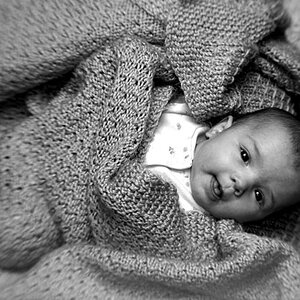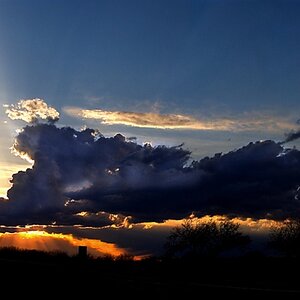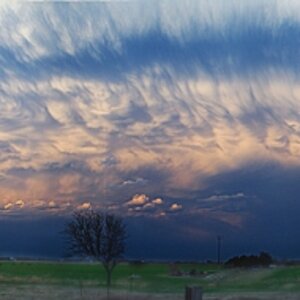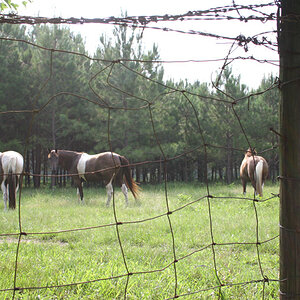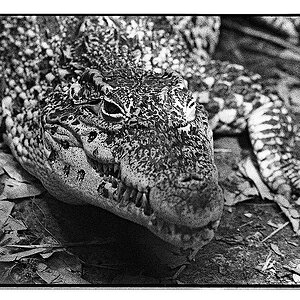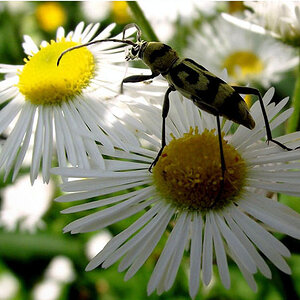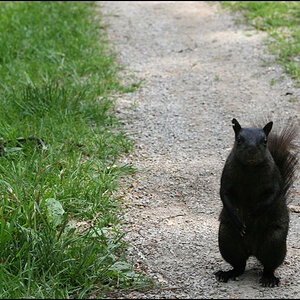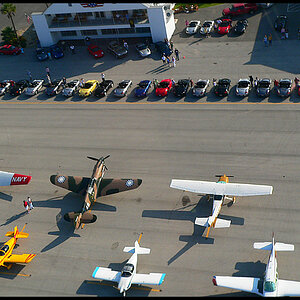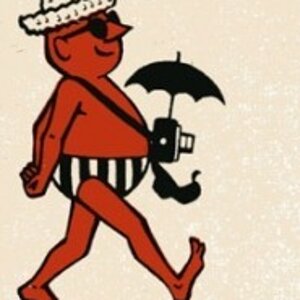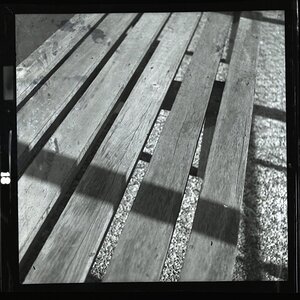Michael Cardenas
TPF Noob!
- Joined
- Feb 6, 2019
- Messages
- 24
- Reaction score
- 2
- Can others edit my Photos
- Photos NOT OK to edit
Hi all. I am interested in picking up photography, mainly as a hobby and maybe more further down the line. I have no official experience in the industry and have never taken any classes or anything like that, basically I have little to no knowledge of photography. For those of you that can help what are some things I should focus on learning about to begin developing skills as a photographer. I have a Nikon D3400 if that helps... Thanks for reading my post and thanks for the advice, have a good day .
.


